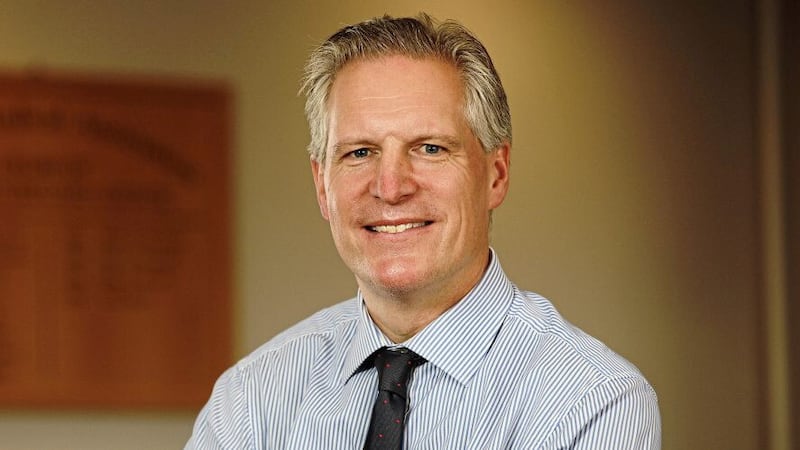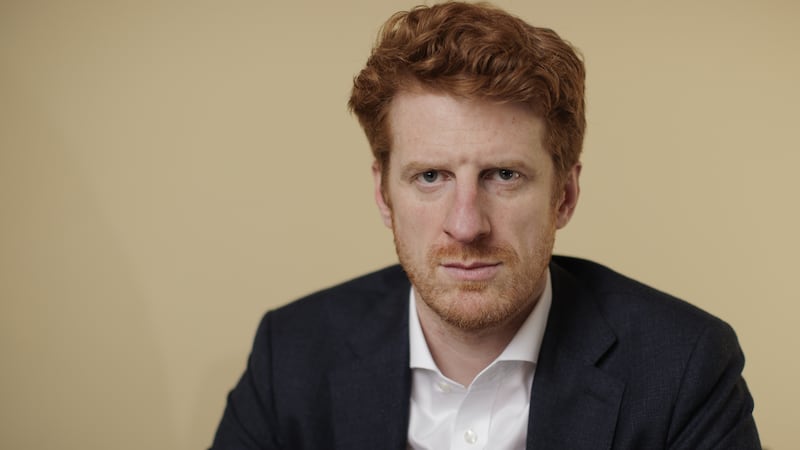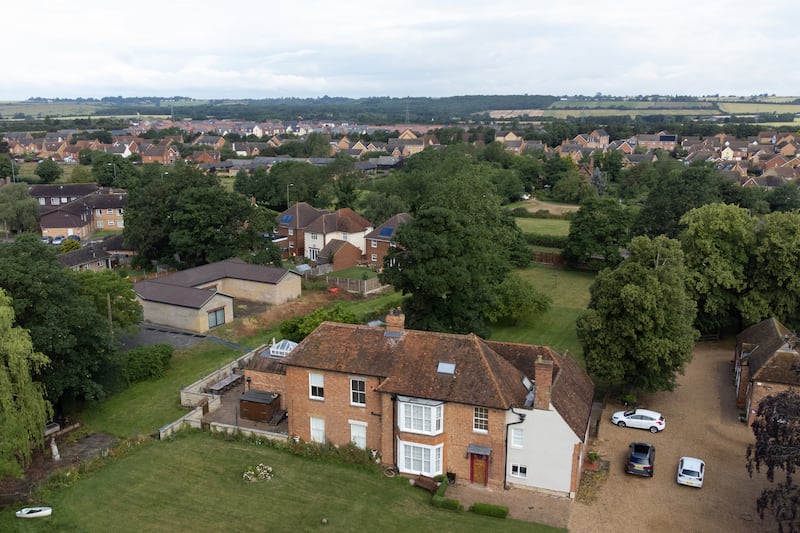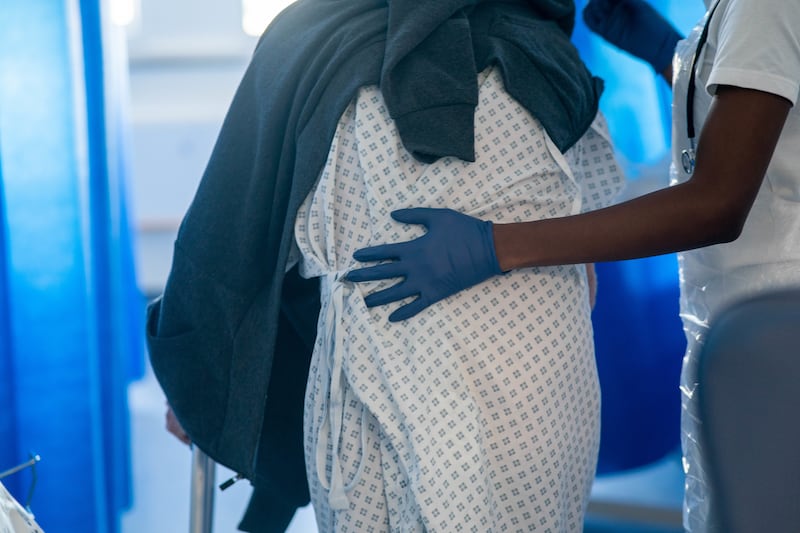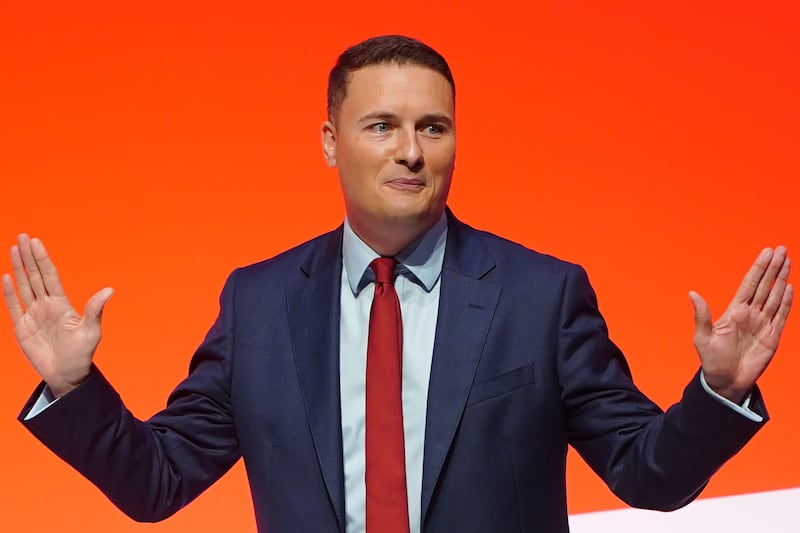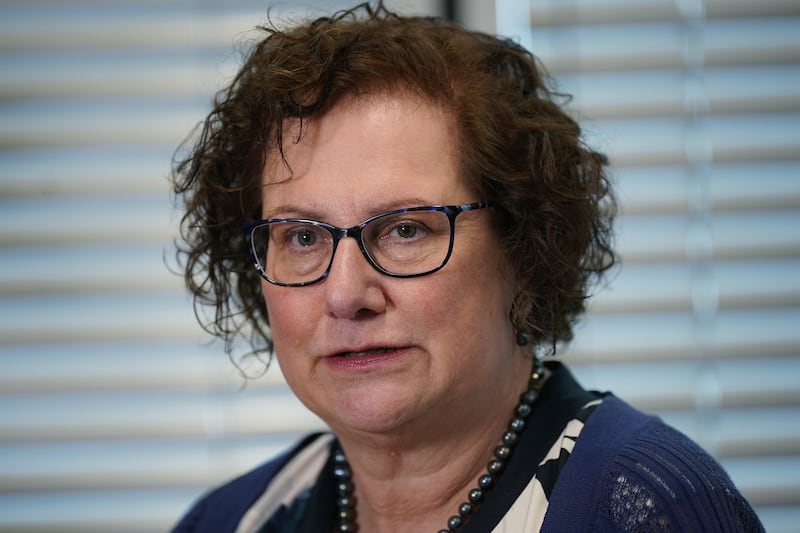A Belfast GP who was part of a major review into Northern Ireland’s struggling healthcare system has said inaction is pushing the NHS in "completely the wrong way".
Dr Alan Stout was an expert panel member for the Bengoa review, which set out a roadmap in 2016 to overhaul the health service as it cares for an increasingly ageing population.
A key theme was prioritising the improved efficiency of systems over saving buildings.
Most recently, there has been an uproar in Enniskillen after it was announced that unplanned emergency surgery was being suspended from the South West Acute Hospital (SWAH) because of difficulties in recruiting surgeons.
While many have raised concerns, one surgeon has argued that even if patients have to travel further, concentrating expertise in bigger units gives better results than continuing with small, poorly resourced services.
Extreme pressures on emergency departments recently also saw Antrim Area Hospital close its doors to patients, while reports of GP surgeries shutting down have become a regular occurrence.
Dr Stout, who also chairs the British Medical Association's GP committee in Northern Ireland, said he was still hopeful the political will exists to take action.
“It’s very frustrating. What was described in the Bengoa report was a burning platform. That was partly about the changing demographics here and the ageing population,” he said.
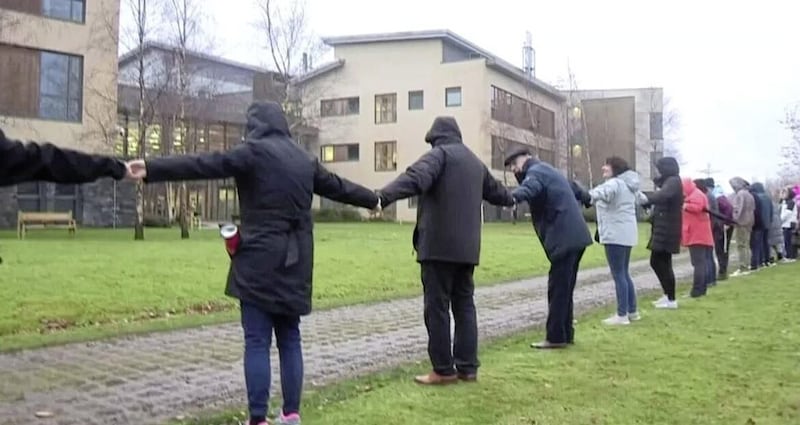
“There was also the wider pressures on the health service. It really described what we needed to change to meet those pressures.
“The pressures are right in front of us, but we haven’t changed. The system hasn’t changed widely and quickly enough.”
On progress with the Bengoa report, Dr Stout said a lot of the plans are in place but are far from being fully implemented.
An example is multidisciplinary teams in primary care which only have about 30 per cent coverage across the north.
He also said the changes taking place in the SWAH were happening in "completely the wrong way".
“We can’t see change by the collapse of services followed by a plan. It’s completely the wrong way to go about it," he said.
“We need constructive dialogue and to bring local people and politicians with us.
“We need to very clearly articulate what the advantages and potential disadvantages of any plan are.
“Local populations are understandably alarmed and upset when we see collapses of local service without a good understanding of what can or should be taking place.”
On the political will to fully implement Bengoa, he said: “There has to be. I think there still is, we still have a lot of meeting and dialogue with our politicians. I would still have confidence in them to do the right thing and that they do understand what is required."
Dr Stout said the SWAH episode highlights the need for cross-departmental cooperation.
"It’s partly about infrastructure, partly about economy and even education. It’s far more than one service in one place, it’s about building everything around that," he said.
“That’s why we need a proper Executive, Assembly and cross-departmental working, why we need a budget.
“Not only that but a multi-year budget so we can do all this properly. All of those things are critical to succeed.”
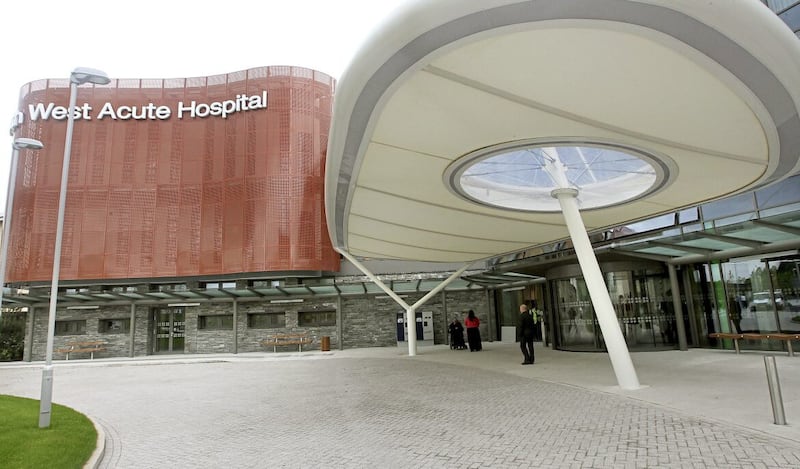
Last month, a proposal to charge for GP appointments was on the agenda of the Local Medical Committees annual conference.
There has also been debate about an increasingly two-tier health system, in which wealthier patients are paying to go private.
Despite the pressures, Dr Stout said it was still not the right time to talk about changing how we pay for the health service.
“We would still very strongly believe in an NHS that is free at the point of delivery and is accessible for everybody,” he said.
“I don’t think that’s the conversation that we want or need right now. What we do need to understand is that the money we have in the system isn’t enormous.
“We need to make sure we spend it as effectively and efficiently as possible. We need to make sure that we prioritise effectively and are spending on the right things.
“We need to deliver excellent care in the core elements. Only then, if we realise we don’t have enough money to deliver everything that is a priority, that’s when we need a proper public conversation led by politicians on what we can realistically expect from the funding that’s there.”
He added: “The bottom line is that health is apolitical. It is important to absolutely everyone from whatever background they’re from, where ever they live and whatever their political beliefs are.
“I think we simply all need to be committed to making sure we have a safe and effective health service there for the future. We are seeing very alarming signs at the moment that we’re going to be struggling with it for the foreseeable future.”
